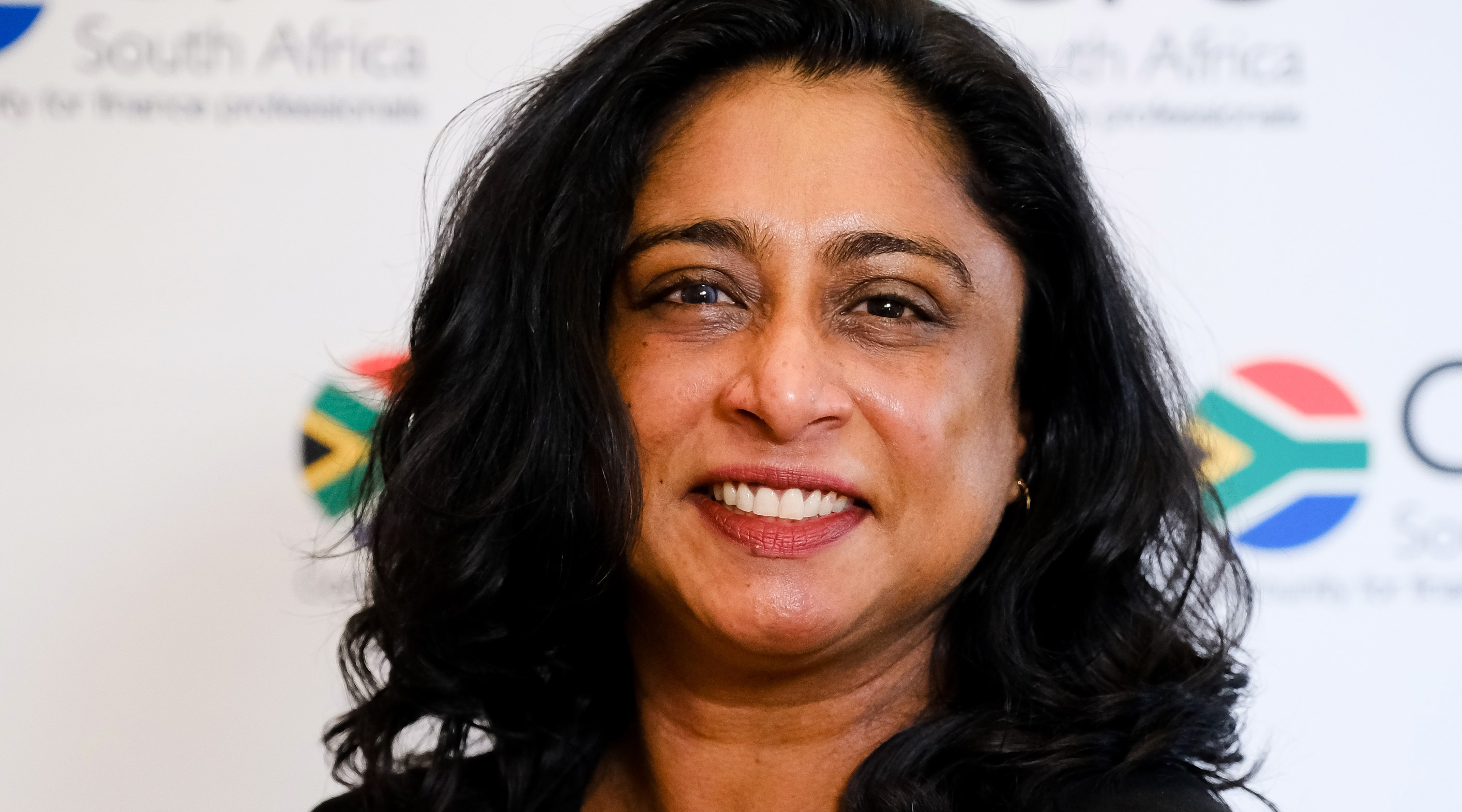The CFO says regulation, governance and compliance can be a competitive advantage.
The Visionary CFO Series is sponsored by A2X Markets.
According to Transaction Capital’s debt collection business, Transaction Capital Risk Services (TCRS), just under 50 percent of 27 million credit active South Africans are in some form of financial distress.
Along with responsible and focused government infrastructure spend, in order for the economy and therefore country to be sustainable, this number needs to be reduced dramatically such that South Africa increases the number of active consumers in the credit cycle.
This is according to Sean Doherty, CFO at Transaction Capital.
“Rehabilitation of consumers in financial distress is critical so that they can be re-integrated into the economy,” he says. “Equally, creating capacity in consumer facing businesses (such as banks and retailers) by purchasing bad debts off of their balance sheets or collecting debt on their behalf as an agent facilitates the effective functioning of the credit cycle in the country. This is the underlying value TCRS as a business brings to society.”
|
A2X is a stock exchange committed to bringing real growth, choice and value to the South African marketplace. Like the visionary CFOs featured, the team at A2X understand the importance of making the numbers work for you. Through lower exchange fees and narrower spreads, A2X is able to make significant savings available to the market. Have you empowered your shareholders with the opportunity to capture these benefits? |
This value plays into the current trend around ESG, where value is measured through multiple lenses – only one of which is commercial.
“When people think about debt collectors, baseball bats come to mind, but this could not be further from the truth,” says Sean. “TCRS is a data business run by actuaries, scientists and accountants where competitive advantage is created through actions off the back of data analytics. A lot of companies are going through data revolutions, but our debt collection business has always done this, so we are in a good space.”
This good space includes a master data universe of approximately 13 million ID numbers with data points gathered on these ID numbers from multiple client sources and every time the business interacts with these people.
Rehabilitation
“Such use of fintech and human insight, together with strong governance, builds trust and further increases competitive advantage,” says Sean.
A subset of TCRS’s’ data is used in creating the Consumer Credit Rehabilitation Index, which measures consumer credit rehabilitation prospects using an algorithm that estimates their propensity to repay debt and make positive progress towards financial rehabilitation.
“The index, unsurprisingly, showed that the ability to repay debt gradually got worse for each quarter during Covid-19. The South African consumer is under way more financial stress than a year before Covid-19. We are watching it closely,” he says.
“Everyone operating in the credit space remains concerned, I imagine. However, we have been surprised by the upside in collections in TCRS and the resilience being shown by the consumer in our environment. Collections continue to improve and we expect to be back to 96 percent of pre-Covid-19 levels by the end of September,” Sean adds.
This optimism is bolstered by big data. “We price for risk; we have a 360-degree view of every debtor on a book that we have bought and can predict what they will or won’t pay up to 10 years into the future,” Sean explains. “This changes daily as new data is added and reconfigures the prediction directing collection strategies. This is the start of a virtuous cycle.
“Quality data and analytics allow for better underwriting and pricing; good pricing allows for good returns; good returns create confidence to purchase more books; more books create more data, which allows us to improve our collection ability.”
In terms of systems and resources, Sean notes that in-house skills are used together with off-the-shelf options to create proprietary business intelligence and, increasingly, AI.
“Contacting people is key. So, the algorithms help to figure out when to contact people, what amount can be paid and how it will be paid. The algorithms work out a debtor's affordability and the call centre agents act on that information to secure payment. These stats pull in daily from the operations, and the finance teams then use this information to ensure that our balance sheet is appropriately structured, among other things.”
Expansion
Transaction Capital comprises two subsidiaries, SA Taxi and TCRS, with Competition Commission approval underway to finalise WeBuyCars as a third subsidiary, taking its stake from 49.9 percent to 74.9 percent.
According to Sean, WeBuyCars is similar to its legacy businesses, with the major difference being the front end customer experience.
“We think we can combine the lending expertise in the SA Taxi business, and price and liquidation expertise in WeBuyCars, which has a 20-year book with the trade price of second-hand vehicles. Only 34 percent of second-hand vehicles are financed, so if we understand the right price, using AI, and what it can sell for in future if repossessed, for example, then we understand the collateral required upfront,” he explains.
Covid-19 has also had an impact in the second-hand vehicle space, with online vehicle auctions to dealers increasing to a phenomenal 40 percent (from four percent pre-pandemic), and people trading down. The change in online usage for dealers can largely be attributed to restricted movement during lockdowns, as people could not go to facilities and changed to transacting online.
Sean credits the business model success in “sectors with poor reputations” down to a combination of understanding and managing risk through data and not perception, as well as increasing transparency to increase trust.
“Transaction Capital’s culture centres around excellence, ownership, entrepreneurialism and partnership. Each business (subsidiary or investment) is accountable to drive their results. At the centre we partner our businesses to deliver on that, to assist with solutions when needed and uncover blind spots,” he notes.
“Important decisions are percolated up and around the group but ultimate accountability rests with the CEO and CFO of each business. There is no ambiguity as to who is meant to do what,” he concludes.












